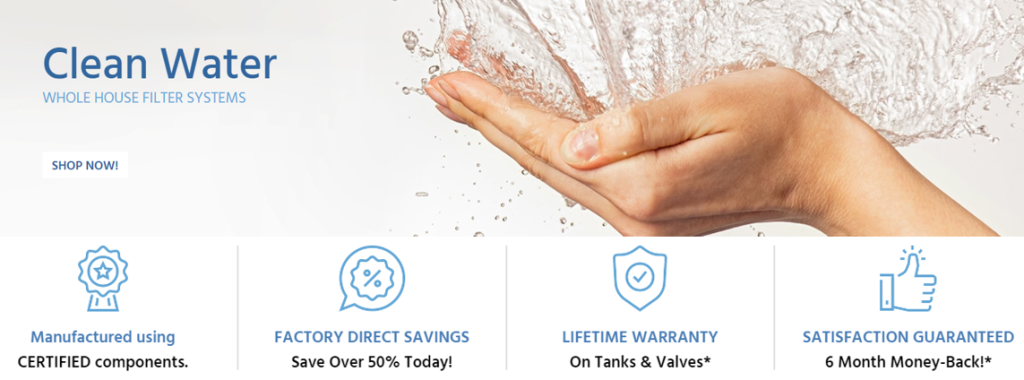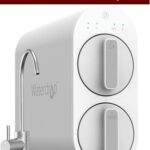You can’t eat water softener salt.
Water softener salt is a type of salt that is used to treat hard water. Hard water is water that contains high levels of minerals, such as calcium and magnesium. These minerals can cause problems with plumbing, appliances, and clothing. Water softener salt works by removing these minerals from the water.
There are several types of water softener salt, including rock salt, solar salt, and evaporated salt. Each type of salt has its own advantages and disadvantages.
Rock salt is the most affordable type of water softener salt. However, it can leave behind a residue that can clog your plumbing. Solar salt is more expensive than rock salt, but it dissolves more easily and doesn’t leave behind a residue. Evaporated salt is the most expensive type of water softener salt, but it is the most effective at removing minerals from hard water.
To use water softener salt, you will need to add it to your water softener unit. The amount of salt that you add will depend on the hardness of your water. You can typically find water hardness levels on your water bill.
Install a Home Water Filter & Get "Unlimited Safe Drinking Water" For Decades
Get Upto 55% Discount With a Lifetime Warranty & 6-Months Money Back Guarantee Free Shipping
SpringWell Water Filtration Systems: 100% American-Made & NSF Certified Water Filters and Water Softeners
Once you have added the salt to your water softener, you will need to run the unit for a few hours to allow the salt to work. After a few hours, you should notice a difference in the hardness of your water. If you have very hard water, you may need to add more salt to your unit.
What Are The Benefits Of Eating Water Softener Salt?
Water softener salt helps to reduce the hardness of water.

There are many benefits to eating water softener salt. Water softener salt helps to improve the quality of your water, making it softer and easier to drink. It also helps to reduce the amount of hard minerals in your water, which can build up over time and cause problems with your plumbing. Additionally, water softener salt can help to extend the life of your water heater by preventing the build-up of scale on the heating element. Finally, salt can also help to improve the taste of your water by removing some of the chlorine taste that is often present in tap water.
One of the main benefits of eating water softener salt is that it can help to improve the quality of your water. If you live in an area with hard water, then you know that it can be difficult to drink and even shower in water that is high in minerals. These minerals can build up over time and cause problems with your plumbing, including clogging and scale build-up. Water softener salt helps to reduce the amount of minerals in your water, making it softer and easier to drink. Additionally, salt can help to extend the life of your water heater by preventing the build-up of scale on the heating element.
If you are looking for a way to improve the taste of your water, then you may want to consider adding water softener salt to your diet. Many people find that the chlorine taste in their tap water is unpleasant. Salt can help to remove some of the chlorine taste from your water, making it more palatable. Additionally, salt can also help to improve the smell of your water. If you have ever noticed a strange smell in your water, then it is likely due to the presence of chlorine. Adding salt to your water can help to neutralize the chlorine smell, making your water smell fresher and cleaner.
How Does Water Softener Salt Work?
Water softener salt works by exchanging ions with the hard water to soften it.
Water softener salt works by exchanging the calcium and magnesium ions in hard water with sodium ions. This process is known as ion exchange. The sodium ions do not cause the same problems as the calcium and magnesium ions.
For example, when hard water is used to wash clothes, the calcium and magnesium ions can cling to the fabric and cause it to appear dull. Sodium ions do not have this effect.
In addition, hard water can cause calcium and magnesium deposits to build up on fixtures and plumbing. These deposits can cause clogs and other problems. Sodium ions do not cause these deposits.
The ion exchange process is reversible. This means that the calcium and magnesium ions can be removed from the water and replaced with sodium ions when the water softener salt is added to the water.
FAQ
What Are The Side Effects Of Eating Water Softener Salt?
How Much Water Softener Salt Should You Eat?
If you still have any questions about eating water softener salt, please let us know in the comments section below.


